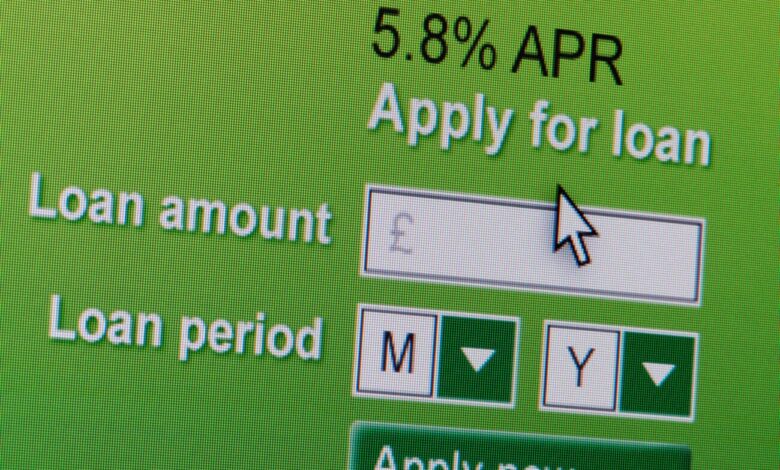Understanding Loan Terms: How Long Will You Have to Pay Back a Personal Loan?

When considering taking out a personal loan, one of the most critical aspects to understand is the loan term—how long you’ll have to repay the borrowed funds. The loan term significantly impacts your monthly payments, the total cost of the loan, and your financial planning. In this article, we’ll explore the factors that influence loan terms, the available options, and how to choose the right repayment period for your personal loan.
Factors Affecting Loan Terms
Several factors influence the duration of a personal loan:
- Lender Policies
Different lenders offer various loan terms based on their policies and the type of personal loan you’re applying for. Common loan terms range from one to seven years, but some lenders may offer shorter or longer options. - Loan Amount
The loan amount can also impact the available loan terms. Typically, larger loan amounts may come with longer terms, while smaller loans may have shorter repayment periods. - Borrower’s Creditworthiness
Your creditworthiness, as determined by your credit score and financial history, can influence the loan terms offered to you. Borrowers with excellent credit often qualify for more extended loan terms and better interest rates.
Types of Loan Terms
Personal loans come in various term lengths, and the choice of term depends on your financial goals and circumstances:
- Short-Term Loans (1-3 Years)
Short-term loans have the advantage of a quicker payoff, which means you’ll be debt-free sooner. However, they often come with higher monthly payments due to the shorter repayment period. - Medium-Term Loans (4-5 Years)
Medium-term loans strike a balance between short and long terms. They offer lower monthly payments compared to short-term loans while allowing you to repay the loan within a reasonable timeframe. - Long-Term Loans (6-7 Years)
Long-term loans provide the lowest monthly payments but result in a more extended repayment period. While they offer financial flexibility, they may result in higher total interest costs.
Choosing the Right Loan Term
Selecting the appropriate loan term requires careful consideration of your financial goals and situation:
- Monthly Budget
Determine the monthly payment that comfortably fits within your budget. Shorter loan terms yield higher monthly payments, so assess what you can realistically afford. - Financial Goals
Consider your short- and long-term financial objectives. If you prioritize becoming debt-free quickly, a shorter term may be preferable. If you need lower monthly payments to manage your finances effectively, a longer term may be more suitable. - Total Interest Costs
Keep in mind that longer loan terms result in more significant total interest costs over time. Evaluate the trade-off between lower monthly payments and the overall cost of the loan. - Financial Stability
Assess your financial stability and job security. Longer loan terms provide a safety net of lower monthly payments, which can be beneficial during uncertain times. - Prepayment Options
Check with your lender to see if they allow for prepayment without penalties. This feature can give you the flexibility to pay off the loan sooner if your financial situation improves.
Conclusion
The loan term you choose for your personal loan is a critical decision that directly impacts your finances. Understanding your financial situation, goals, and the trade-offs between monthly payments and total interest costs is essential when determining the right loan term. Remember that there’s no one-size-fits-all answer, and the ideal term varies from person to person. Careful consideration and consultation with a financial advisor can help you make an informed decision that aligns with your financial well-being.




